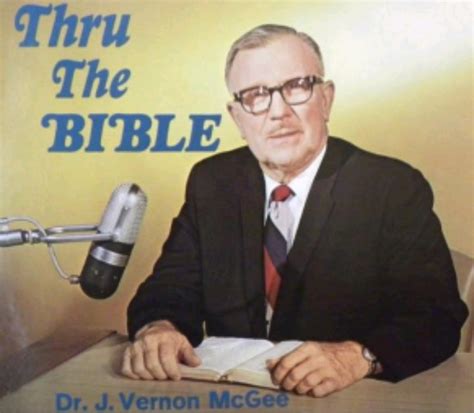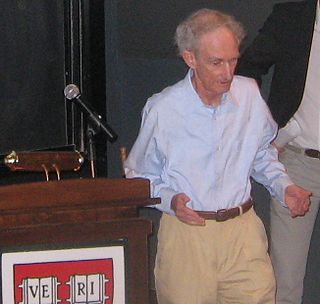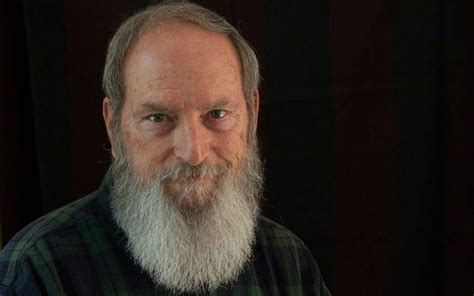A Quote by Lee Strobel
I think it's very healthy to use journalistic and legal techniques to investigate the evidence for and against Christianity and other faith systems.
Quote Topics
Related Quotes
The way in which I know Christianity is true is first and foremost is the basis of the witness of the Holy Spirit in my heart. And this gives me self-authenticating means of knowing Christianity is true wholly apart from the evidence. And therefore, even if in some historically contingent circumstances the evidence that I have available to me should turn against Christianity, I do not think that controverts the witness of the Holy Spirit.
It is an item of faith that we are children of God; there is plenty of experience in us against it. The faith that surmounts this evidence and is able to warm itself at the fire of God's love, instead of having to steal love and self-acceptance from other sources, is actually the root of holiness: It is a fatal mistake to think of holiness as a possession which we have distinct from our faith... Faith is the very highest form of our dependence on God.
As the data from the past decade clarify, there is no evidence that poverty causes crime but a great deal of evidence that crime causes poverty. By aligning themselves against the police, against commonsense tactics like stop and frisk, against metal detectors in public housing, against swift and certain punishment, and for a broad array of legal protections for accused criminals, liberals helped to aggrieve the lives of the poor and society as a whole.
In such systems, there is unquestioning respect for authority. Faith trumps evidence. But if indeed this is broadly the explanation for how co-operative behaviour has evolved and been maintained in human societies, it could be very bad news. Because although such authoritarian systems seem to be good at preserving social coherence and an orderly society, they are, by the same token, not good at adapting to change.
We may define "faith" as the firm belief in something for which there is no evidence. Where there is evidence, no one speaks of "faith." We do not speak of faith that two and two are four or that the earth is round. We only speak of faith when we wish to substitute emotion for evidence. The substitution of emotion for evidence is apt to lead to strife, since different groups, substitute different emotions.
But you must still know to respect other people's faith.'
'Why? We don't respect any other delusion. We lock up people who believe they're Christ, yet we're supposed to humour those who believe in him.'
'By definition, faith is irrational: a belief you hold against the normal rules of evidence.'
'In which case I believe in Jedi
I agree with Peter Drucker that the culture and legal systems of the United Statesare especially favorable to shareholder interests, compared to other interests and compared to most other countries. Indeed, there are many other countries where any good going to public shareholders has a very low priority and almost every other constituency stands higher in line.
I mean by intellectual integrity the habit of deciding vexed questions in accordance with the evidence, or of leaving them undecided where the evidence is inconclusive. This virtue, though it is underestimated by almost all adherents of any system of dogma, is to my mind of the very greatest social importance and far more likely to benefit the world than Christianity or any other system of organized beliefs.


































